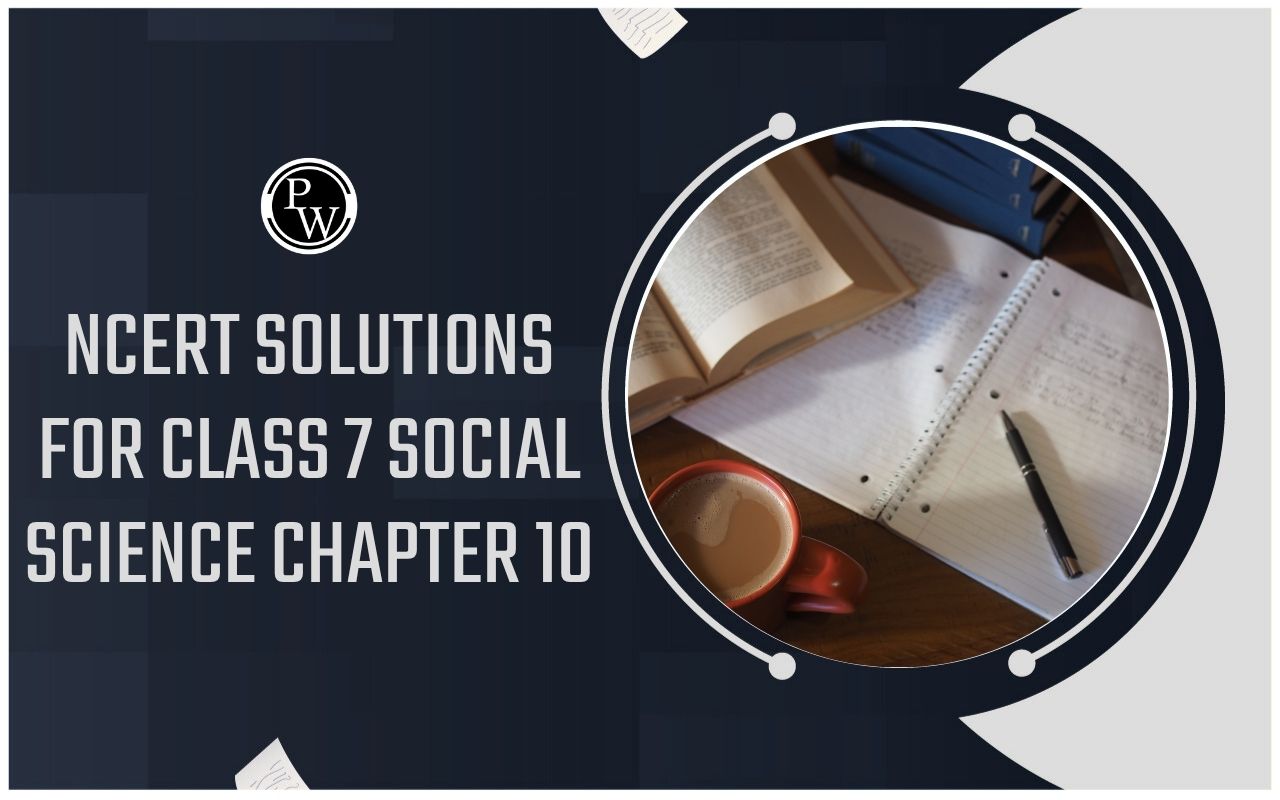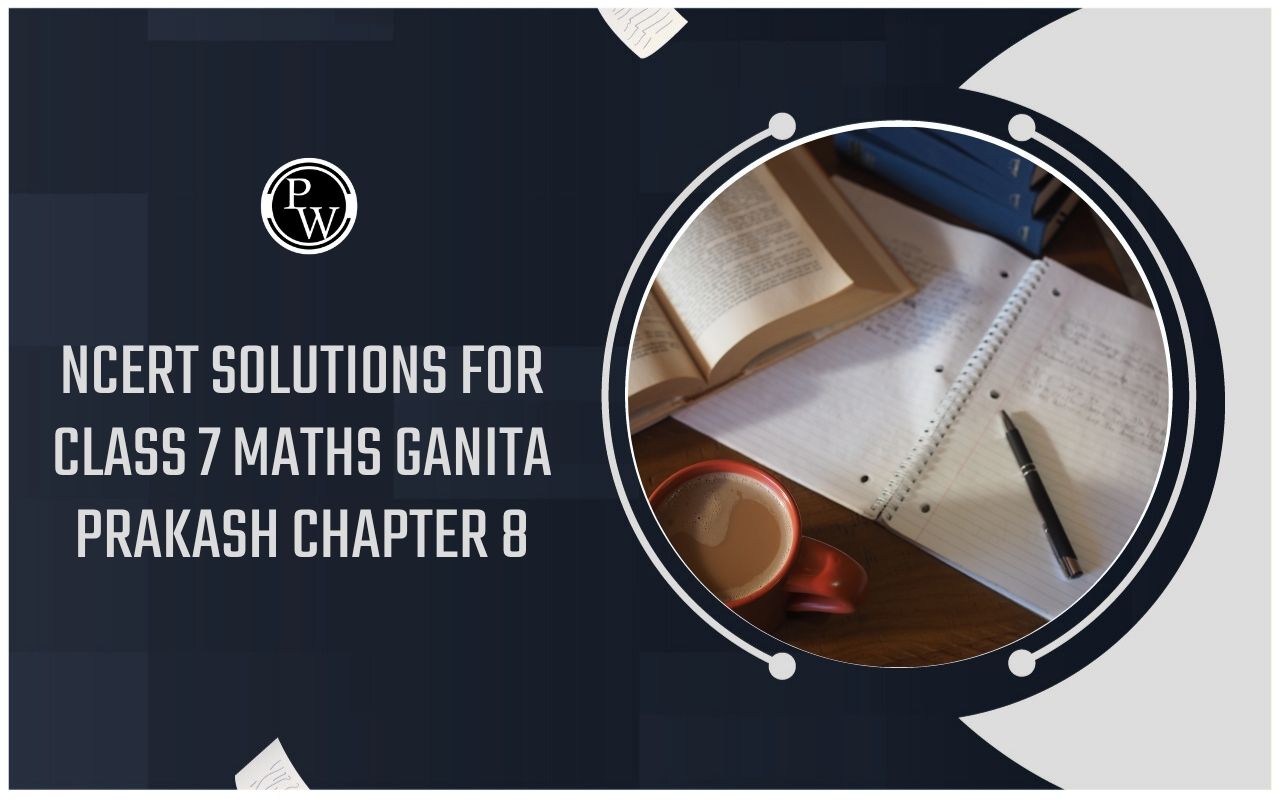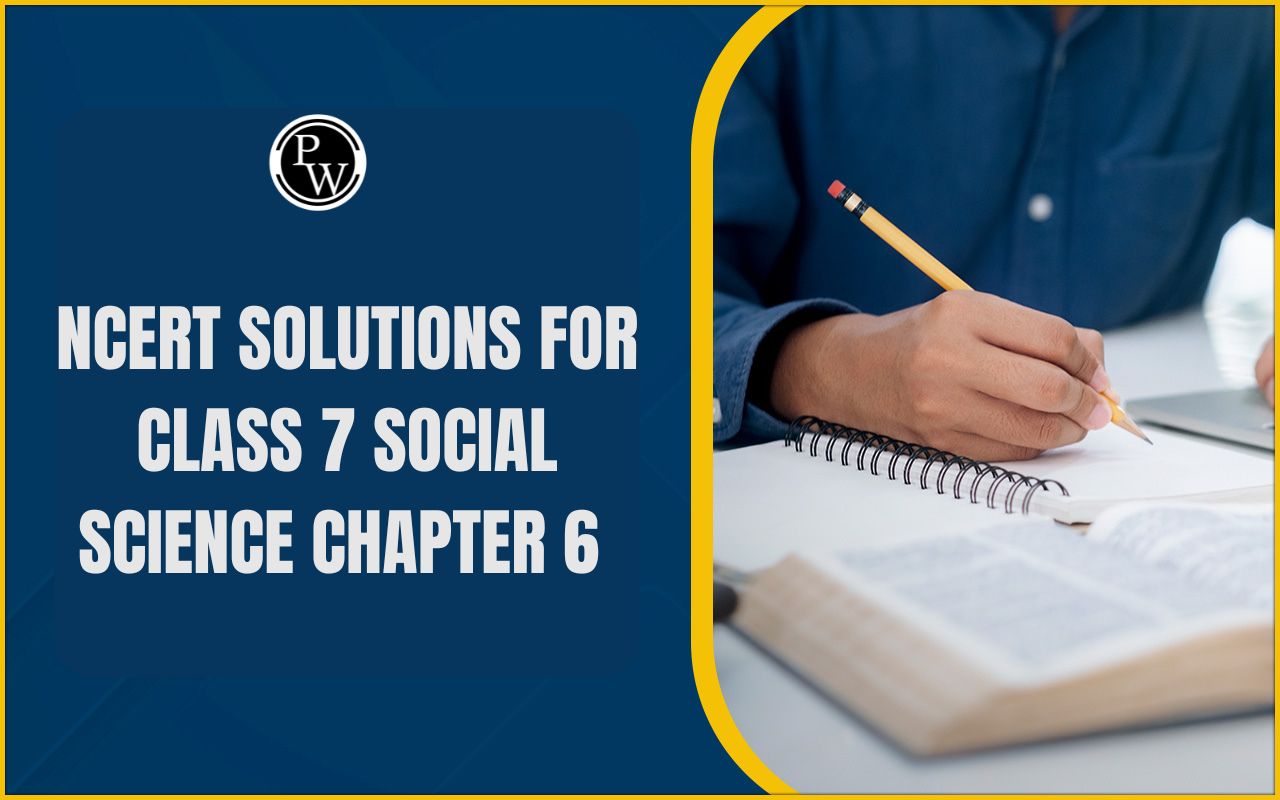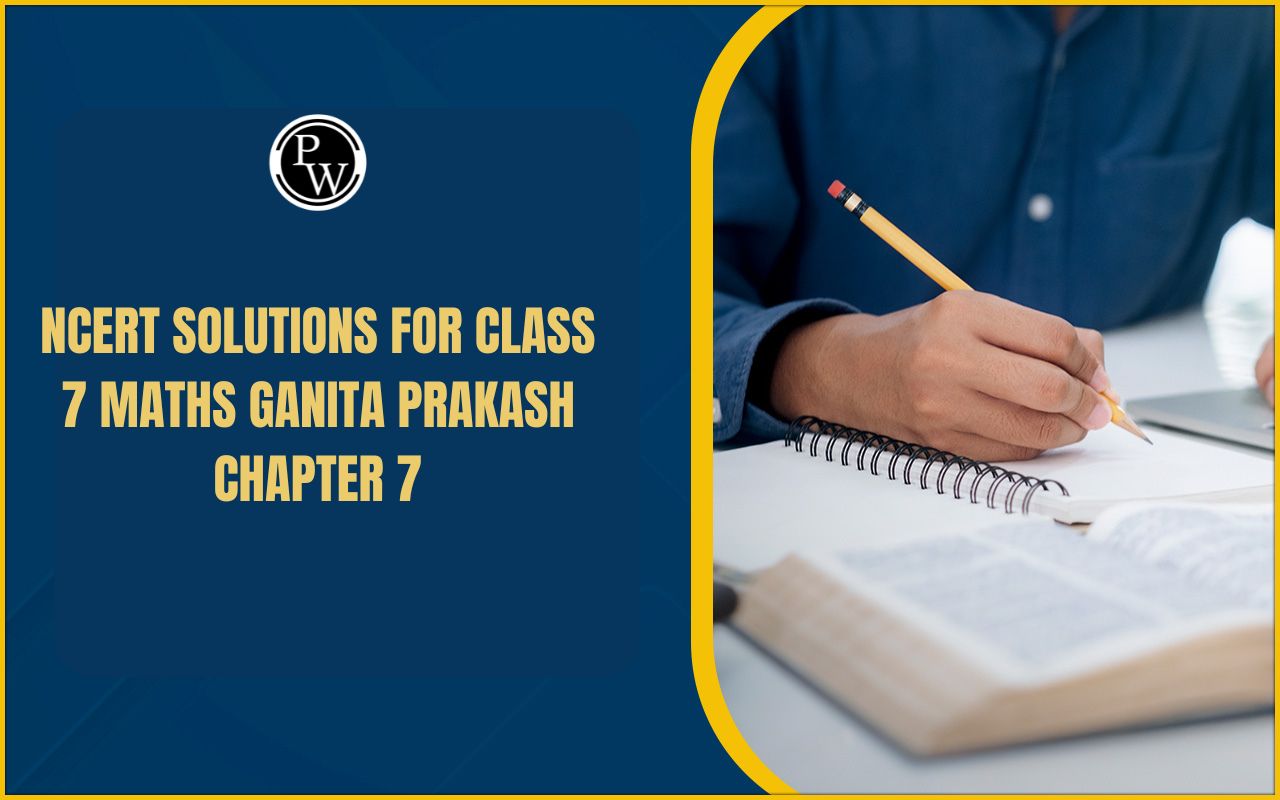
CBSE Class 7 Maths Syllabus 2025-26: The CBSE Class 7 Maths syllabus for 2025-26 has been updated in line with the new CBSE syllabus and revised textbooks introduced by NCERT. It emphasizes conceptual understanding, logical reasoning, and real-life application of mathematical ideas.
The exam pattern follows a competency-based assessment model, encouraging analytical thinking through case-based and application-based questions.
Students are advised to refer to the latest NCERT Solutions and practice regularly using worksheets and previous year papers. This approach not only strengthens fundamentals but also boosts confidence for the final exams and internal assessments.
CBSE Class 7 Maths Syllabus 2025-26
Check the table below for the detailed CBSE Class 7 Maths Syllabus 2025–26 as per the latest NCERT curriculum. It includes all chapters and important topics covered in the new academic session.
This structured overview will help students understand what to focus on while preparing and ensure they stay aligned with the current syllabus and exam pattern.
|
CBSE Class 7 Maths Syllabus 2025-26 |
|
|
Chapter |
Topic |
|
Large Numbers Around Us |
A Lakh Varieties! |
|
Reading and Writing Numbers |
|
|
Land of Tens |
|
|
Of Crores and Crores! |
|
|
Exact and Approximate Values |
|
|
Patterns in Products |
|
|
Did You Ever Wonder…? |
|
|
Arithmetic Expressions |
Simple Expressions |
|
Reading and Evaluating Complex Expressions |
|
|
Brackets in Expressions |
|
|
Terms in Expression |
|
|
Swapping and Grouping |
|
|
Swapping the Order of Things in Everyday Life |
|
|
Removing Brackets |
|
|
A Peek Beyond the Point |
The Need for Smaller Units |
|
A Tenth Part |
|
|
A Hundredth Part |
|
|
Decimal Place Value |
|
|
Notation, Writing and Reading of Decimal Numbers |
|
|
Units of Measurement |
|
|
Locating and Comparing Decimals |
|
|
Addition and Subtraction of Decimals |
|
|
More on the Decimal System |
|
|
Expressions Using Letter Numbers |
The Notion of Letter-Numbers |
|
Revisiting Arithmetic Expressions |
|
|
Omission of the Multiplication Symbol in Algebraic Expressions |
|
|
Simplification of Algebraic Expressions |
|
|
Formula Detective |
|
|
Algebraic Expressions to Describe Patterns |
|
|
Patterns in a Calendar |
|
|
Matchstick Patterns |
|
|
Parallel and Intersecting Lines |
Across the Line |
|
Perpendicular Lines |
|
|
Between Lines |
|
|
Parallel and Perpendicular Lines in Paper Folding |
|
|
Transversals |
|
|
Corresponding Angles |
|
|
Alternate Angles |
|
|
Consecutive Angle |
|
|
Parallel Illusions |
|
|
Number Play |
Numbers Tell us Things |
|
Picking Parity |
|
|
Some Explorations in Grids |
|
|
3 × 3 & 4 × 4 Magic Square |
|
|
Nature’s Favourite Sequence: The Virahāṅka Fibonacci Numbers! |
|
|
Digits in Disguise |
|
|
A Tale of Three Intersecting Lines |
Triangles |
|
Equilateral Triangles |
|
|
Constructing a Triangle When its Sides are Given |
|
|
Triangle Inequality |
|
|
Visualising the Construction of Circles |
|
|
Construction of Triangles When Some Sides and Angles are Given |
|
|
Angle Sum Property |
|
|
Exterior Angles Property |
|
|
Constructions Related to Altitudes of Triangles |
|
|
Types of Triangles |
|
|
Working with Fractions |
Multiplication of Fractions |
|
Connection between the Area of a Rectangle and Fraction Multiplication |
|
|
Simplifying to Lowest Form |
|
|
Order of Multiplication |
|
|
Division of Fractions |
|
|
Some Problems Involving Fractions |
|
Chapter Wise Overview of CBSE Class 7 Maths Syllabus 2025-26
Below, we have provided an overview of the CBSE Class 7 Maths Syllabus -
1. Large Numbers Around Us
This chapter helps students understand large numbers in real-world contexts, including reading, writing, and estimating large values. Patterns in multiplication and practical number usage are also explored.
2. Arithmetic Expressions
Students learn how to form, read, and evaluate expressions involving brackets and terms. It introduces the basics of algebraic manipulation and simplifies expressions step by step.
3. A Peek Beyond the Point
This chapter focuses on decimals, their place value, and operations like addition and subtraction. Students also learn to compare and locate decimals on a number line.
4. Expressions Using Letter Numbers
An introduction to algebra, where letters represent numbers in patterns and formulas. Topics include simplification and real-life patterns like calendars and matchsticks.
5. Parallel and Intersecting Lines
Basic geometry involving parallel, perpendicular, and intersecting lines. Through activities, students explore angles made by transversals and recognize common geometric properties.
6. Number Play
A fun chapter that includes parity, patterns in number grids, and mathematical puzzles like magic squares. Also introduces Fibonacci numbers and number tricks.
7. A Tale of Three Intersecting Lines
Covers properties and construction of triangles, including angle sums and inequalities. Students learn how to construct triangles based on sides and angles.
8. Working with Fractions
Deals with multiplication and division of fractions, simplifying them, and applying them to area-related problems. Reinforces operations through word problems and visual understanding.
CBSE Class 7 Maths Syllabus 2025-26 PDF
Below we have provided the CBSE Class 7 Maths Syllabus 2025–26 PDF based on the latest NCERT textbooks and updated curriculum. This syllabus includes all chapters and key topics introduced for the academic session, along with a detailed chapter-wise structure.
It is designed to help students prepare efficiently as per the new exam pattern. Students and parents can download the PDF to stay updated and plan their preparation effectively throughout the year.
CBSE Class 7 Maths Syllabus
Study without using the internet
Preparation Tips for CBSE Class 7 Maths Syllabus 2025-26
Below, we have provided some preparation tips for class 7 students -
1. Stick to the NCERT Textbook First
The new syllabus is fully aligned with NCERT. Understand each concept in the textbook before referring to guides or reference books. Don’t skip examples — they build your foundation.
2. Practice Daily in Short Sessions
Math is about consistency, not cramming. Just 30–45 minutes of focused practice daily will improve both speed and accuracy. Solve 4–5 problems from different chapters every day.
3. Maintain a Mistake Notebook
Keep a separate notebook to record mistakes you make during practice. Review it weekly — this helps avoid repeating the same errors in exams.
4. Visual Learning for Geometry
Use paper folding, graph paper, or simple drawing tools to understand angles, triangles, and lines. Visualizing helps you remember properties better than memorizing.
5. Learn Formulas With Meaning
Don’t just memorize formulas — understand why they work. Derive them from examples and relate them to real-life situations (like area of a room, or number patterns).
6. Solve Previous Year Question Papers
Practicing previous year papers and sample papers as per the new exam pattern gives you insight into question types and boosts exam confidence.
CBSE Class 7 Maths Syllabus FAQs
How many does the CBSE Class 7 Maths Syllabus consist of?
How many hours every day is enough to complete CBSE Class 7 Maths Syllabus?
Can I complete CBSE Class 7 Maths Syllabus in 2 months?
Is CBSE Class 7 Maths Syllabus easy?








